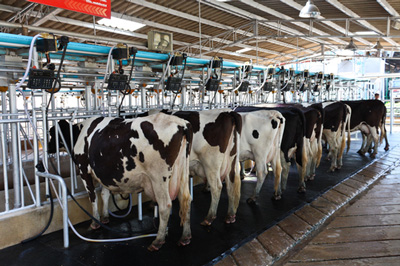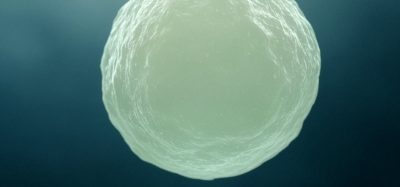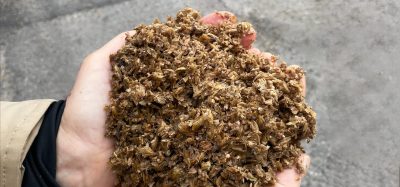Dairy farm antibiotics persisted after waste treatment, study finds
- Like
- Digg
- Del
- Tumblr
- VKontakte
- Buffer
- Love This
- Odnoklassniki
- Meneame
- Blogger
- Amazon
- Yahoo Mail
- Gmail
- AOL
- Newsvine
- HackerNews
- Evernote
- MySpace
- Mail.ru
- Viadeo
- Line
- Comments
- Yummly
- SMS
- Viber
- Telegram
- Subscribe
- Skype
- Facebook Messenger
- Kakao
- LiveJournal
- Yammer
- Edgar
- Fintel
- Mix
- Instapaper
- Copy Link
Posted: 11 February 2016 | Victoria White | 1 comment
Scientists found that antibiotics and oestrogens largely persisted in the treated materials, which are typically reused as fertiliser and animal bedding on the farm…


University at Buffalo chemists studying waste disposal at a dairy farm in New York State thought that the farm’s advanced system for processing manure would help remove oestrogens and antibiotics from the excrement.


However, the scientists found that the chemicals largely persisted in the treated materials, which are typically reused as fertiliser and animal bedding on the farm. The waste management process also converted a less harmful form of oestrogen in the manure into a form that may pose a greater ecological threat.
The researchers say their study underscores how far waste treatment techniques have fallen behind the times.
Hormones and antibiotics, if not removed from waste, can migrate into the environment. Oestrogens, for example, can enter rivers and lakes, causing male fish to develop female traits – a phenomenon that can harm reproduction. Rogue antibiotics pose a different kind of challenge, encouraging the spread of antibiotic resistance.
Even waste treatment systems that are considered to be state-of-the-art often fail to account for chemicals used routinely in modern society, says University at Buffalo researcher Diana Aga, who led the new study: “The chemicals we are studying are not exotic. Antibiotics are used to treat sick animals, and the cows on a dairy farm are females, so they produce a lot of oestrogens.
“One of the messages of our work is that even anaerobic digestion, an advanced treatment, doesn’t totally remove these chemicals which may pose a danger to the environment. We need to start looking closely at additional treatment techniques to identify better practices.”
The team are going to explore various waste treatment techniques
The farm where Aga and her colleagues conducted their research is a commercial dairy farm with about 2,000 cows. The facility uses two techniques to treat manure: pasteurisation, which uses heat to remove pathogens; and anaerobic digestion, which employs microorganisms to break down and convert biodegradable matter into products that include biogas, liquid fertiliser and solid matter that is repurposed as bedding for the animals.
Aga’s team measured levels of veterinary antibiotics and oestrogens in the waste at various points during the treatment process.
The results for antibiotics were mixed: The scientists found that the concentration of tetracyclines, the most-used antibiotics in animal agriculture, was lower in the liquid fertiliser than in the original raw manure. But the reduction was largely due to the tetracyclines migrating into the solid matter, which had higher levels of the drugs at the end of the treatment than the raw manure had at the start. Macrolides and sulfonamides, two other types of antibiotics the scientists analysed, were found only at low levels in raw manure and were not detected in the treated manure.
When it came to oestrogens, Aga said, “We had hypothesised that the digestion process would remove the hormones, but it didn’t.”
Instead, the total concentration of oestrogens remained relatively steady.
In addition, the treatment process appeared to convert a less harmful form of oestrogen into one with greater potential for disrupting the function of animals’ endocrine systems, which produce hormones that regulate growth, reproduction and other biological functions. Prior to anaerobic digestion, most of the oestrogens in the manure (65 percent) were in a form with lower endocrine-disrupting potential. After the process, 72 percent of the oestrogens were in a form with higher endocrine-disrupting potential.
Aga notes that each farm has a unique system for processing waste, so it’s possible that a different anaerobic digestion technique or a completely different treatment method could yield better results. The next step in the research will be to explore various treatment techniques to identify best practices.









Really interesting research, I am currently looking at a project on antibiotic resistance reduction and would be very interested in further developments of your research. Keep up the good work.
Regards, Andrew